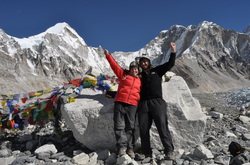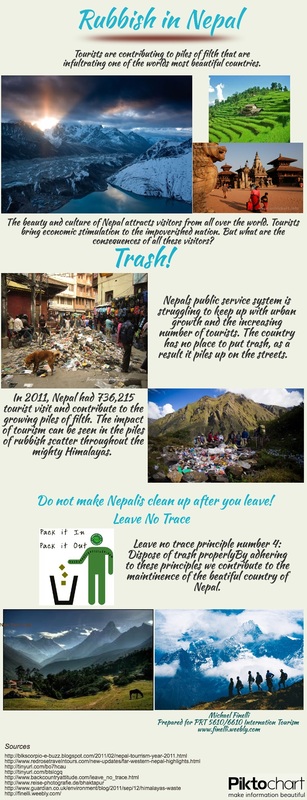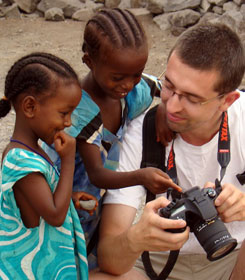
In todays post, I want to talk about some of the important things I have taken away from my International Tourism class at the University of Utah.
As I mentioned in the introduction, I became interested in sustainable tourism a few years ago when I traveled to Nepal and a few other nations. At the time of my travels, I lacked knowledge on sustainable/responsible tourism. After this class, I now have a deep understanding of the many facets of sustainable tourism. Through learning about the various effects of tourism, we came to understand the role we play in the environments we chose to travel to. One of the most powerful messages was learning how our financial decisions contribute to the environment. We learned that each time you make a purchase you also make a vote. Being a conscientious spender helps ensure that our spending money is reinforcing behaviors that benefit the environment we are in. We talked about buying goods and services that support local economies with minimal leakages to other nations. Our knowledge of buying power was enhanced through the lessons on ecotourism and fair trade. In these lessons we were instructed to find examples of tourism providers that uphold these principles. In doing so, we gained the ability to determine whether or not a company deserves your business based on the issues of ecotourism and fair trade. Through these lessons, we gained an understanding that we, as the tourists, can have a major influence on the places we choose to travel to.
Another component to this class was the lessons in writing and communication. A theme for the class was understanding the importance of sharing information through social media. By doing this our influence can branch out and possibly reach thousands. Therefore, the ability to communicate your message becomes critical. In the class we learned about writing with different styles of voice, and we learned about making adjustments for different audiences. I appreciate the fact we were encouraged to write in an easy to understand conversational tone, rather than a flashy and somewhat abstract tone that is encouraged in many college classes. We advanced our writing through blog assignments and vocab/grammar quizes. All the while it remained important to use social media to share messages. This class has helped me develop my understanding of tourism, and it has helped teach me to share that information with others.
As I mentioned in the introduction, I became interested in sustainable tourism a few years ago when I traveled to Nepal and a few other nations. At the time of my travels, I lacked knowledge on sustainable/responsible tourism. After this class, I now have a deep understanding of the many facets of sustainable tourism. Through learning about the various effects of tourism, we came to understand the role we play in the environments we chose to travel to. One of the most powerful messages was learning how our financial decisions contribute to the environment. We learned that each time you make a purchase you also make a vote. Being a conscientious spender helps ensure that our spending money is reinforcing behaviors that benefit the environment we are in. We talked about buying goods and services that support local economies with minimal leakages to other nations. Our knowledge of buying power was enhanced through the lessons on ecotourism and fair trade. In these lessons we were instructed to find examples of tourism providers that uphold these principles. In doing so, we gained the ability to determine whether or not a company deserves your business based on the issues of ecotourism and fair trade. Through these lessons, we gained an understanding that we, as the tourists, can have a major influence on the places we choose to travel to.
Another component to this class was the lessons in writing and communication. A theme for the class was understanding the importance of sharing information through social media. By doing this our influence can branch out and possibly reach thousands. Therefore, the ability to communicate your message becomes critical. In the class we learned about writing with different styles of voice, and we learned about making adjustments for different audiences. I appreciate the fact we were encouraged to write in an easy to understand conversational tone, rather than a flashy and somewhat abstract tone that is encouraged in many college classes. We advanced our writing through blog assignments and vocab/grammar quizes. All the while it remained important to use social media to share messages. This class has helped me develop my understanding of tourism, and it has helped teach me to share that information with others.



 RSS Feed
RSS Feed